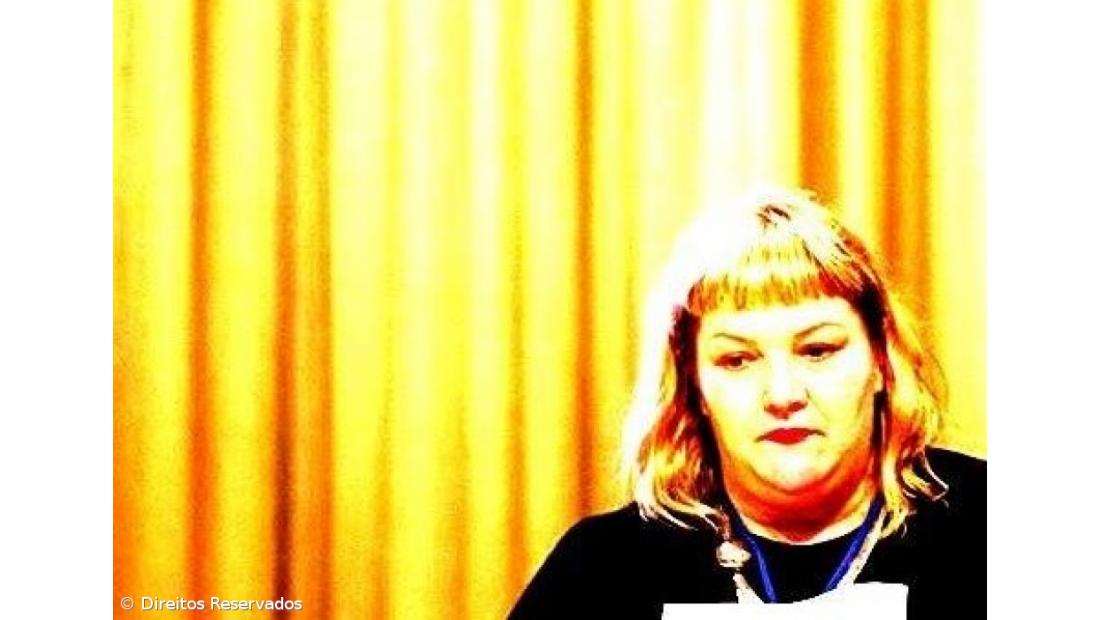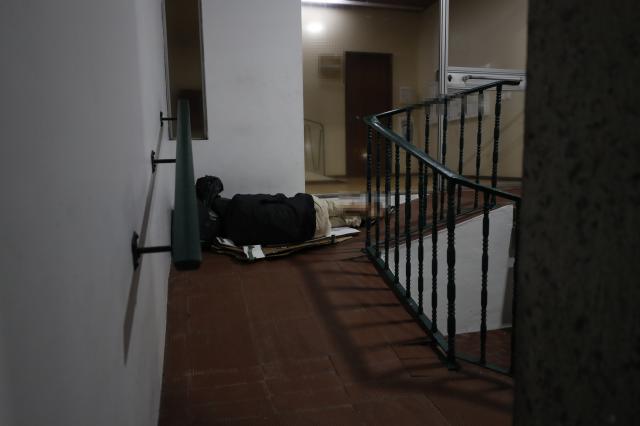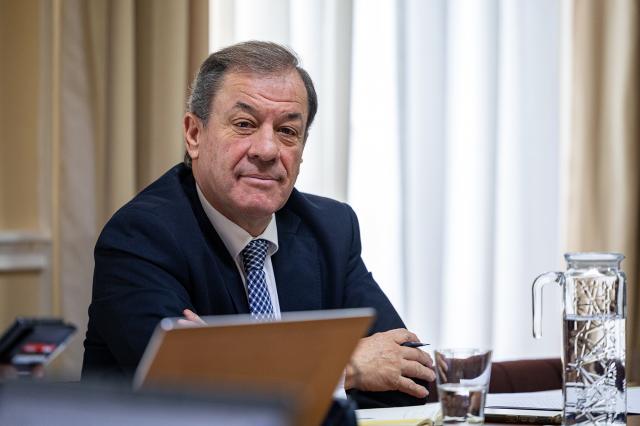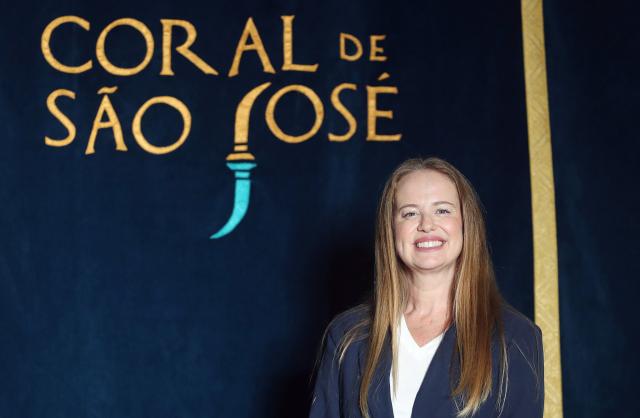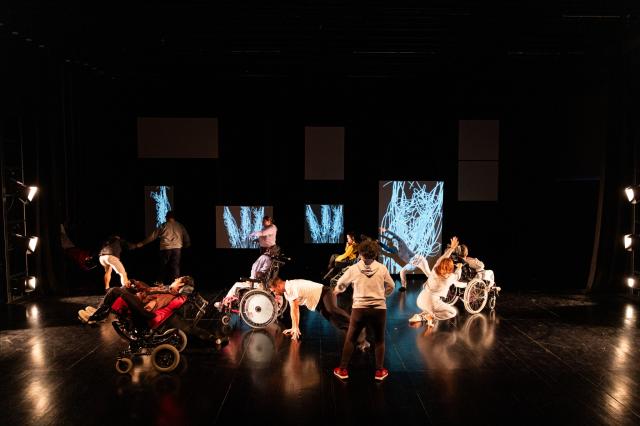You took part in the debate "What can a civic movement for culture do?" in the Archipelago Center this week. It is a subject you've been studying. How important is activism?
I believe more and more that change is possible through civic movements, otherwise all the work I have been doing and all the projects I have been involved in would not make much sense. And I believe so for several reasons: people are becoming disenchanted with traditional political structures and the party-political system; there is a need for a certain daily creativity to deal with all the crisis issues that we are experiencing in an intense and increasingly complex way.
I have been looking for some movements in these civic dynamics, centered on the people, around the empowerment and revival of local memory. And from the experiences we have had – it is obvious this is not a straightforward situation, nor is it easy, as these are lengthy processes –, I believe the way forward may lie there, that is, it may lie in this type of more informal movement, more grounded in the community, which may have greater value in boosting populations.
But isn't society accommodated to the individual space? Or are we seeing a resurgence of activism, particularly among young people?
I think so, but more than a resurgence, it is appearing in a different form, associated with environmental, climate, gender and race issues... The other day I discussed this with an artist, Dino Santiago: he does not call himself an activist, but in fact all the work he has been doing is social intervention through his music. And it has a lot of power.
I think that, increasingly, these forms that are not so institutionalized, not so linked to traditional politics or traditional forms of intervention, have immense potential.
Potential for change. We cannot achieve change overnight, but more and more people are moving to change things in some way. And that is very positive.
At a time when populism is gaining ground, what role can civic movements play?
It is fundamental. They have the strength to dismantle and break populism. It is in these more organic, more informal movements that I see the potential to break these populist ideas.
But aren't these movements very much based on elites?
This is a very interesting question, because in fact they are mainly more educated, more urban, more youthful, more cosmopolitan, and it is obvious that this ends up being unequal. But it is inherent to the way our society works. Obviously, it is the people with more cultural resources and school skills who move into these contexts. However, there is a potential in them for grassroots involvement. Because traditional associations are going through a major crisis. Recreational and cultural associations are dying, they are very old. They are not part of a new grammar for identifying a youthful and cosmopolitan culture that is increasingly widespread. But there is a downside to this, and perhaps we need to learn ways of involving other populations, such as gypsies, for example, groups that are socially stigmatized, who live in ghettos, who live in marginalized neighborhoods, and so on. And I think there are more and more moves in this direction.
And the extremism that has characterized demonstrations such as those linked to climate change. Is that the best way to get the message across?
It does have an impact. The interventions in museums, the food attacks on paintings. And in Lisbon, recently, at MAAT. I think it ends up having a very big impact, not least because there is a key variable: the social networks that are central to these movements. The internet has revolutionized all of this. There is inevitably a big impact. I am not in a position to analyze whether it is good or bad, because it is not my role to say so. But in fact these shock tactics that were implemented with Dadaism, Situationism, and even on some issues by the Punk movement, have a clear confrontational, shaking, disruptive effect. And that is important. It makes us think. And it reaches us in the real moment, through social networks.
In territories like the Azores, further away from the center, are civic movements even more important?
I think so, not least because your cultural and geographical location is very much "in between", and these "in between" contexts are very important for intervention.
A few years ago, I accompanied anti-poverty projects in Rabo de Peixe, and I was surprised by the hability of some people to intervene. But obviously each territory, each context, has its own specificities.
Another aspect that distinguishes these movements is that they are very organic. They are made in and with the territories on a global or translocal scale but respecting the specificities of the causes. Given insularity, they make perfect sense. There are very interesting initiatives such as Tremor Festival and Walk&Talk that have an activist side. Tremor, for example, manages to move and involve the population incredibly. And that is a great form of activism, respect for memory, heritage and development. It is another form of intervention.

